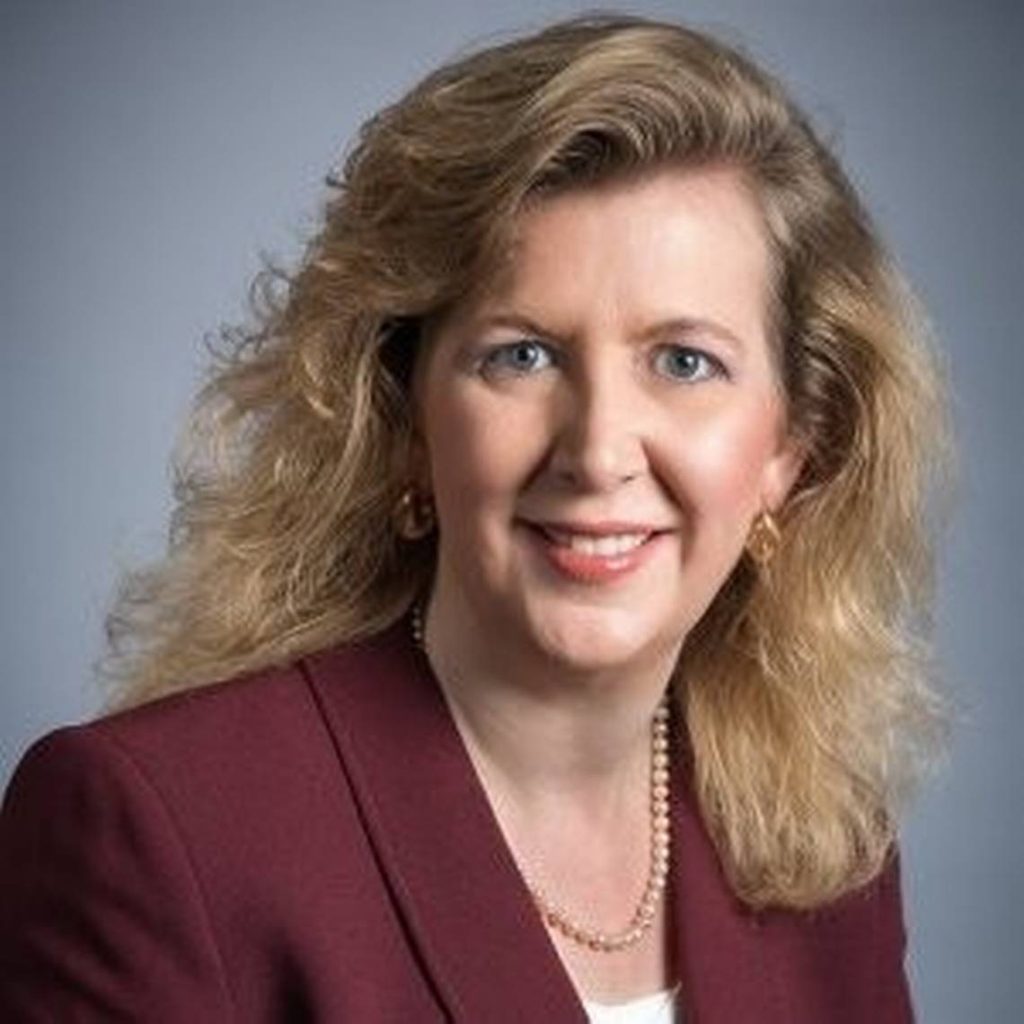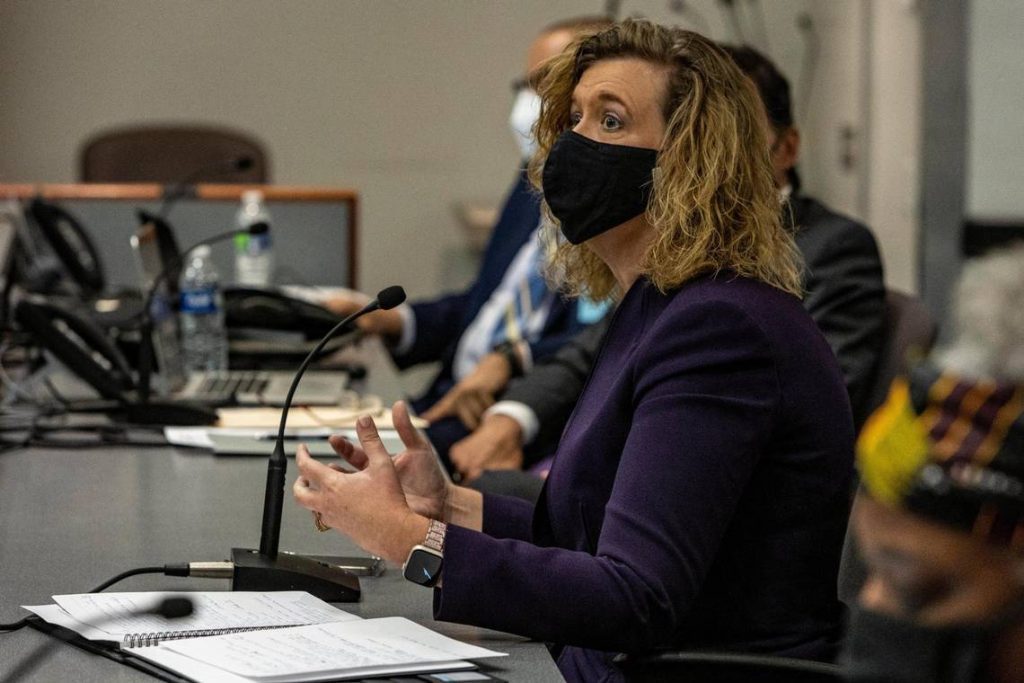Teacher pay, student mental health, academic inequities: top topics for superintendents
Miami Herald | By Sommer Brugal | April 4, 2022
What will be done to address teacher shortages and raise their pay? How is the district working to close the achievement gap among students and support their mental health?
And finally, how, if at all, will recently passed legislation change the way the school district operates?
The questions were among those asked of Miami-Dade Schools Superintendent Jose Dotres and Broward Schools Superintendent Vickie Cartwright Monday during a first joint interview since their recent appointments, as part of a Florida Priorities event hosted by the Miami Herald and el Nuevo Herald.
Dotres, who replaced former Superintendent Alberto Carvalho, was tapped to lead the district in January. Cartwright, the district’s first female superintendent, was appointed in February after serving as interim superintendent since August.

The questions mostly fell into one of four categories: Legislative issues, teacher pay and retention challenges, mental health concerns among students, and significant academic achievement gaps among white, Black and Hispanic students.
The last two, Dotres said, are some of the more critical issues facing districts nationally.
ADDRESSING MENTAL HEALTH, ACHIEVEMENT GAPS
“You can no longer discuss academic achievement without the social emotional support and mental health of students,” he said. The district has hired more counselors so students are able to access more mental health professionals, he added.
Superintendents nationally should ensure teachers and staff have the support to do two things, he said: accelerate learning and offer counselors and other resources for students who need more.

Vickie Cartwright, who was named superintendent of Broward County Public Schools in February. LinkedIn
Broward County schools is taking a similar approach, Cartwright said.
Upon returning to school this year, officials identified a heightened need for emotional support of their students. This district added 20 new school social workers and 10 additional family therapists, she said.
Officials are taking a strategic approach to “support the whole child” so students can come to school ready to learn, Cartwright said.
Like Miami-Dade, Broward is focusing on accelerating student learning as opposed to remediation, she said. The approach, she said, is “particularly effective for students of color as well as those from low-income families.”
Officials are emphasizing an “asset-based mindset (not) a deficit-based mindset” to highlight and build upon the skills the student already has, she said.
TEACHER PAY AND RETENTION
Both superintendents discussed teacher pay and retaining teachers, two issues that are particularly important in the wake of rising housing, gas and food prices in South Florida.
For Cartwright, teachers are the district’s “top commodity in order to have a positive experience with our students.” But placing a monetary value on that, she said, is “very difficult to do.”
Dotres, for his part, said teaching “needs to be valued at a higher rate (and) we need to make sure we’re prioritizing the pay of teachers.”

Both leaders pointed to countywide referendums as one way to boost the pay scale. (Voters in both counties will have to renew the tax hikes in August to prevent the additional money from expiring.)
“We need to make sure teacher pay stays in line with the rising costs of living, food and everything we are experiencing at this time,” he said.
When asked whether the district leadership would consider implementing a home ownership assistance model for eligible employees, both Cartwright and Dotres emphatically said yes.
FLORIDA LEGISLATION AND CURRICULUM CONCERNS
This year’s legislative session put education issues, particularly parents’ role in their child’s learning, at the forefront.
For one, there’s the “Parental Rights in Education” bill, or what opponents have dubbed the “don’t say gay bill,” that gives parents more say in what should be taught and access to discussions about their child’s mental health or sexual orientation. Then there’s the Stop Woke Act, which would restrict how race-related issues are taught in public schools and in workplace training sessions.

Both leaders said they’re waiting for specifics surrounding the new legislation and how each will impact districts. Nevertheless, Cartwright and Dotres doubled down on their pledge to make all students feel safe and welcomed while on campus.
“The “Parental Rights in Education” bill will not prevent us from ensuring our students and employees are protected, that they’re safe (and providing) whatever services they may need to make sure they’re comfortable and that we’re attending to their social-emotional needs,” Dotres said.
Cartwright, for her part, reiterated what she’s been instructing her employees to do: Continue to provide a nurturing, supportive and safe environment for students.






